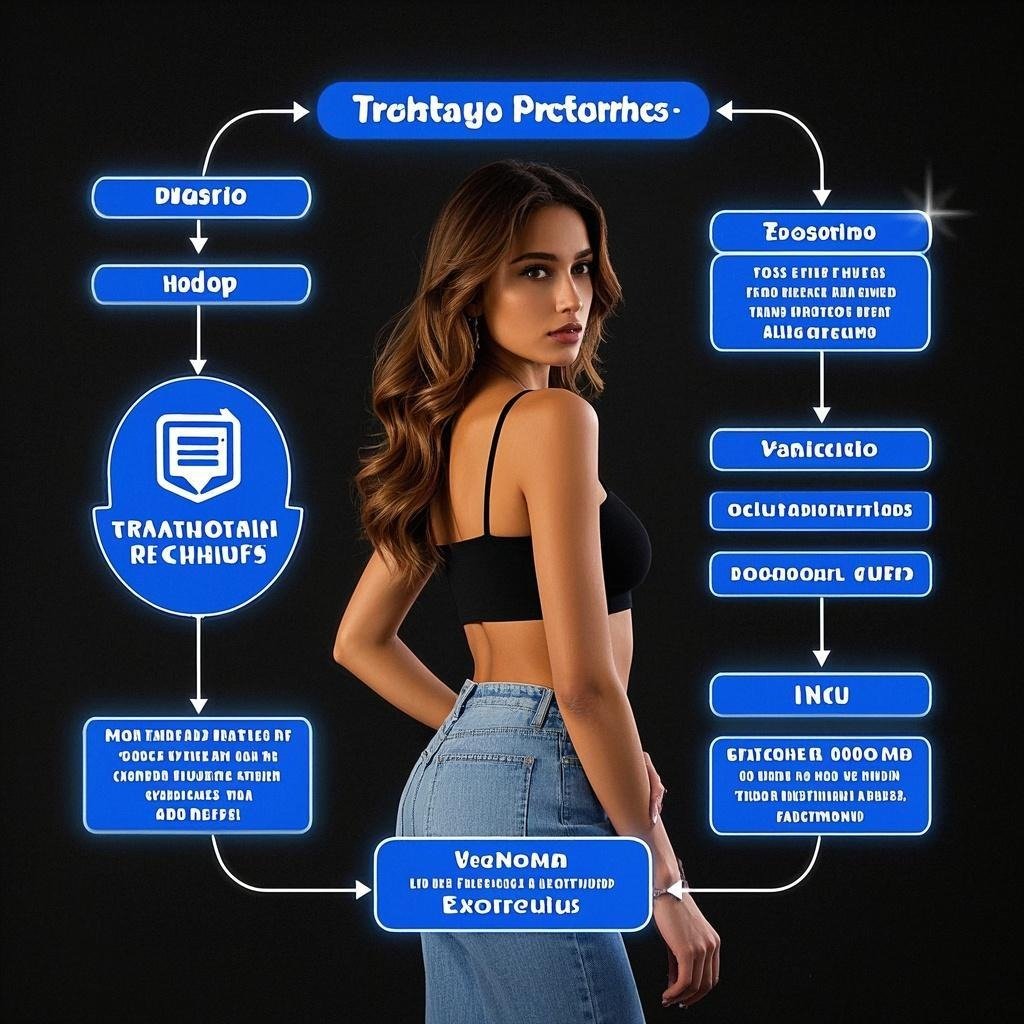
What Are Transactional Relationships?
Transactional relationships are interactions where both parties engage in a mutually beneficial exchange. Unlike relational relationships that focus on emotional depth, transactional connections are goal-oriented and defined by clear expectations. These relationships are prevalent in professional, political, and even personal settings, where reciprocity is the primary motivator.
Understanding exchange-based relationships helps navigate these dynamics effectively and leverage them for mutual gain while avoiding potential pitfalls.
Key Characteristics of Transactional Relationships
To fully grasp mutually beneficial relationships, it’s essential to identify their defining traits:
1. Clear Expectations
Both parties enter the relationship with a clear understanding of what they will give and receive.
2. Reciprocity-Based
The foundation is a fair exchange of resources, time, or benefits. Each party expects to gain something of equal or greater value in return.
3. Goal-Oriented
Transactional relationships prioritize achieving specific, tangible outcomes rather than emotional bonding.
4. Short-Term Focus
Most of these relationships are temporary, lasting as long as the mutual benefit persists.
5. Task-Focused Communication
Conversations revolve around fulfilling transactional objectives rather than emotional or personal connections.
Examples of Transactional Relationships
1. Professional Relationships
- Employer-Employee Dynamics: Employees perform tasks in exchange for salaries, benefits, and professional growth opportunities.
- Client-Consultant Interactions: Clients pay consultants for their expertise and solutions.
2. Political Alliances
Politicians often form alliances to achieve mutual goals, such as securing votes or passing legislation.
3. Personal Relationships
- Convenience Friendships: For example, carpooling with a neighbor for mutual convenience.
- Bartering Services: Offering professional help in exchange for a favor.
For further insights into how Interest-driven relationships function in the workplace, check out Forbes’ take on business relationships.
Benefits of Transactional Relationships
While often viewed as impersonal, Interest-driven relationships offer several advantages:
1. Efficiency
Because the relationship is goal-oriented, tasks are completed quickly and effectively.
2. Transparency
Clear expectations reduce misunderstandings and foster accountability.
3. Flexibility
These relationships can adapt or dissolve based on changing circumstances, providing practical solutions to immediate needs.
4. Individual Accountability
Each party takes responsibility for their end of the bargain, minimizing dependence.
For more on maintaining clarity in such interactions, explore Harvard Business Review’s resource on workplace dynamics.
Challenges of Transactional Relationships
Despite their benefits, conditional relationships come with inherent challenges:
1. Lack of Emotional Depth
The absence of emotional connection can make these relationships feel superficial or unfulfilling.
2. Competitive Dynamics
Parties may adopt a “what’s in it for me” mindset, fostering mistrust and reducing collaboration.
3. Fragility
When one party fails to deliver on expectations, the relationship can quickly deteriorate.
How to Manage Transactional Relationships Effectively
Mastering Interest-driven relationships involves balancing the benefits and mitigating potential downsides. Here’s how:
1. Communicate Clearly
Define expectations, terms, and goals from the start to avoid ambiguity.
2. Build Trust
Even in transactional contexts, trust is essential for smooth interactions and repeated engagements.
3. Focus on Fairness
Ensure that both parties feel the exchange is equitable to maintain balance.
4. Adapt When Necessary
Be willing to adjust terms as circumstances change, especially in professional settings.
Transforming Transactional Relationships into Deeper Connections
While Interest-driven relationships are inherently pragmatic, they can evolve into meaningful, long-term connections through conscious effort:
1. Open Communication
Discuss shared values, long-term goals, or overlapping interests to foster mutual understanding.
Watch Now: Transactional vs. Relational Relationships
2. Show Empathy
Take an active interest in the other person’s well-being to move beyond the transactional dynamic.
3. Invest in Emotional Depth
Engage in non-transactional interactions, such as sharing meals or celebrating milestones, to develop genuine rapport.
4. Collaborate on Long-Term Goals
Shifting focus from short-term exchanges to sustained collaboration creates a foundation for relational bonding.
FAQs About Transactional Relationships
1. What is the difference between transactional and relational relationships?
- Transactional Relationships: Based on mutual benefit and clear expectations.
- Relational Relationships: Built on emotional investment, trust, and shared experiences.
2. Can transactional relationships be successful?
Yes, when managed effectively with clear communication and fairness, Interest-driven relationships can achieve specific goals efficiently.
3. How do you identify a transactional relationship?
If the relationship revolves around what each party provides and receives, with minimal emotional connection, it’s likely transactional.
4. Are transactional relationships inherently bad?
Not at all. These relationships are essential in many contexts, such as business, where clarity and efficiency are valued.
5. Can a transactional relationship evolve into a deeper connection?
Yes, with effort, Interest-driven relationships can develop into relational ones through empathy, trust, and emotional investment.

Conclusion: Embracing Transactional Relationships
Transactional relationships are a natural part of modern life, especially in professional and practical contexts. By understanding their dynamics and managing them thoughtfully, you can leverage their advantages while addressing their challenges.
While these relationships are often short-term and goal-focused, they don’t have to remain that way. With open communication and effort, Interest-driven relationships can evolve into meaningful, lasting connections.
As you navigate your interactions, consider how transactional and relational dynamics complement each other. Share this article with others who might benefit from a clearer understanding of Interest-driven relationships, and explore how these principles can enrich your personal and professional life.